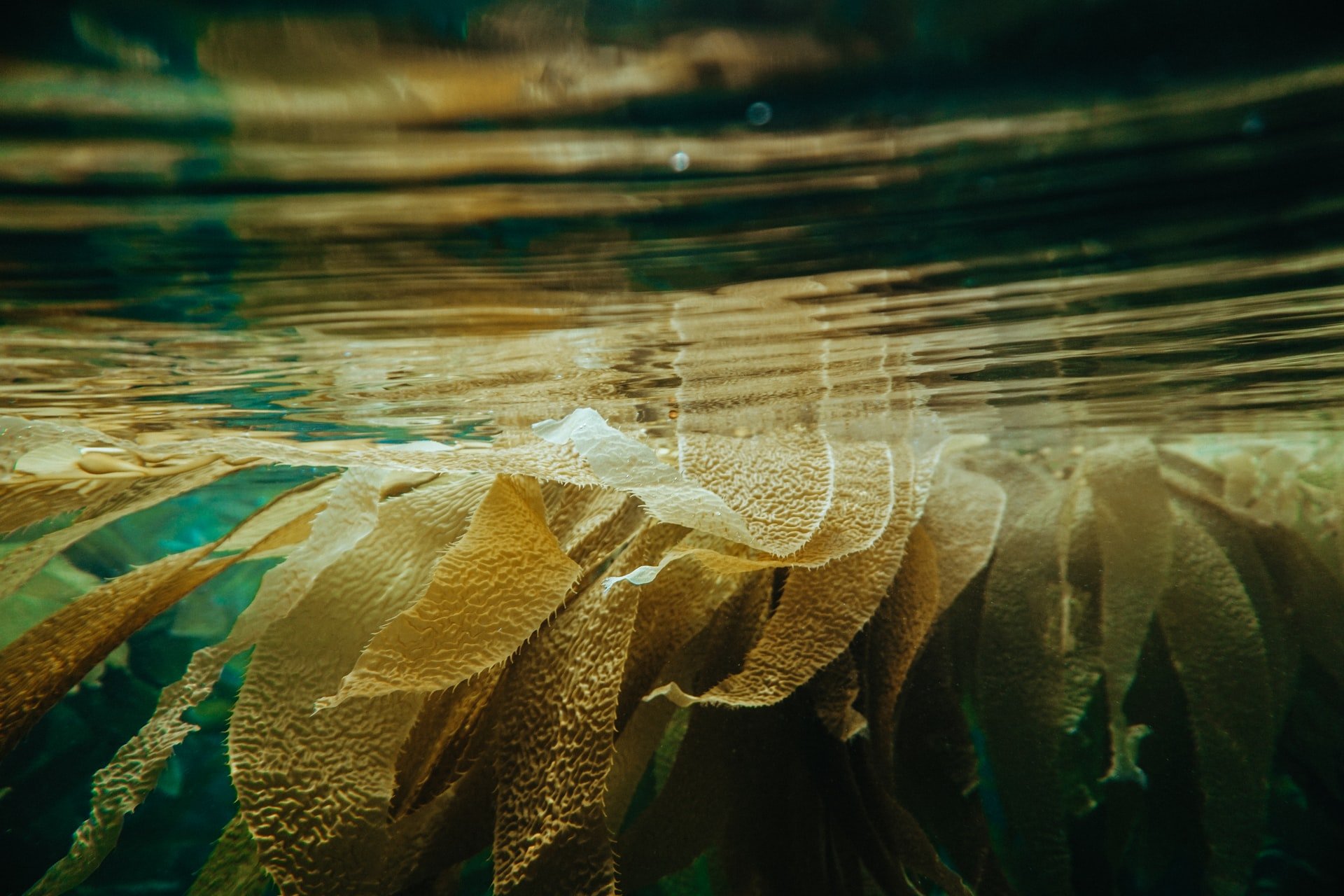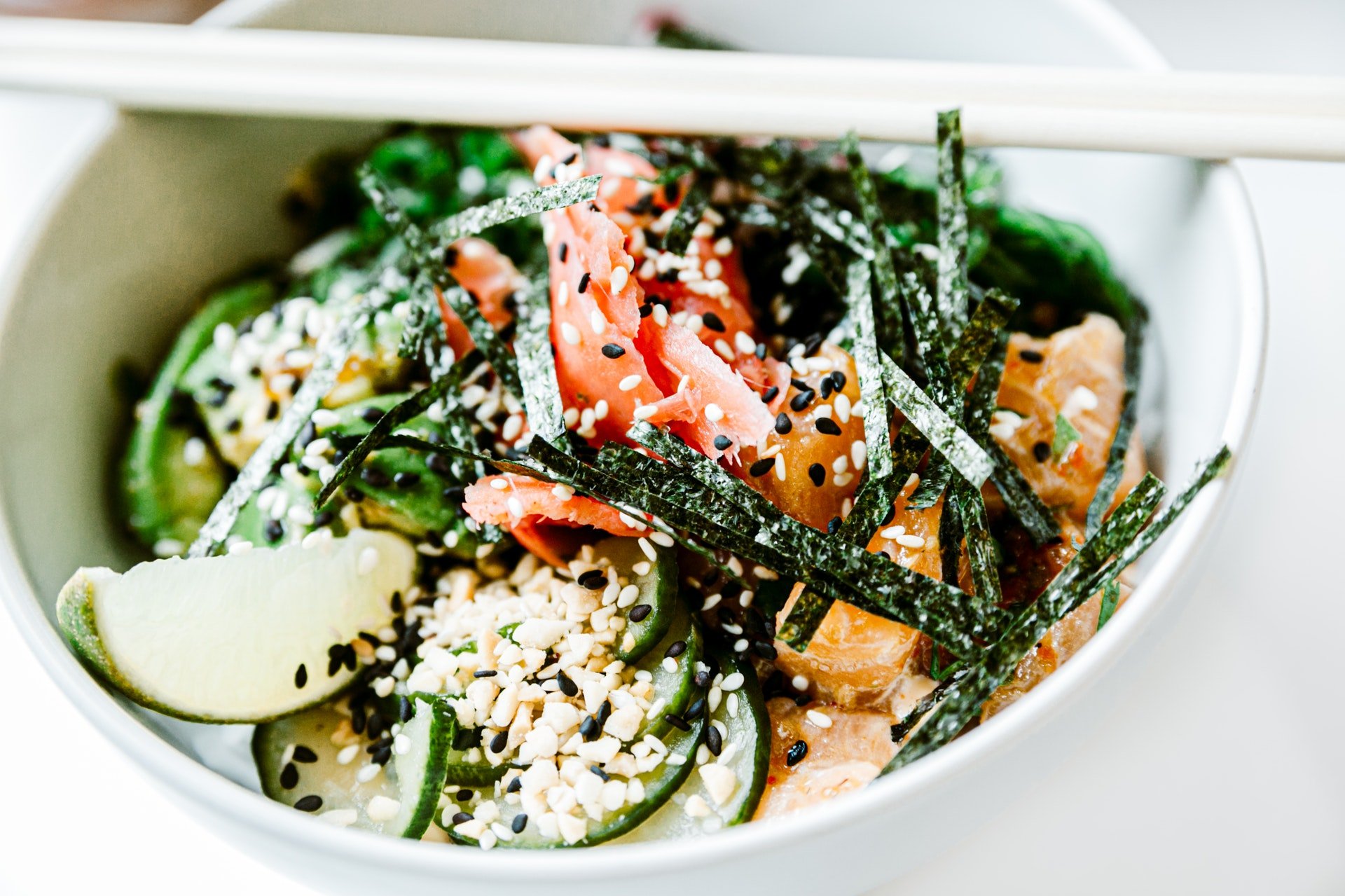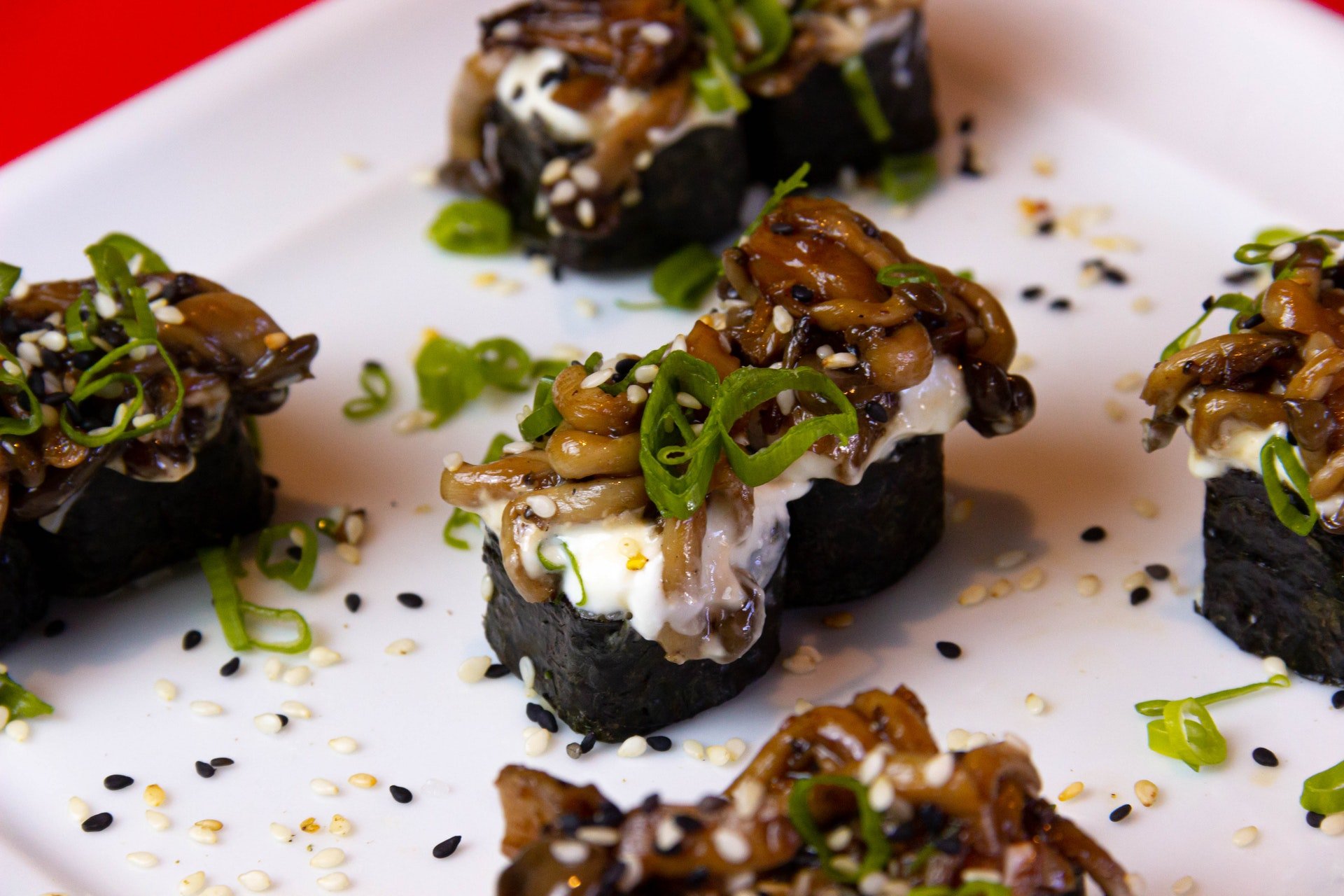Are Sea Vegetables Really Superfoods?
Discover > Texas Home Cooking > Are Sea Vegetables Really Superfoods?
Healthy sea vegetables are the latest offering in the healthy eating scene. In the wake of increased global warming, more farmers are looking for sustainable methods to grow food and sea vegetables are providing the answer. From nori (how long does nori last?) (the green black covering on our sushi) to the kelp (how long does kelp last?) vegetable and kombu (how long does kombu last?), are all edible algae that have made their own league of superfoods. Marine superfoods if, I may call them.
What are Healthy Sea Vegetables and Why Do We Need Them?
The sea, with all its salty glory, is a potent source of minerals. Minerals in saltwater bodies are constantly being regenerated, quite unlike mineral content in soil on land. Intensive over farming in the past century has severely depleted the soil off its quality. Which implies, that the commercial vegetation we end up eating, isn't nearly as healthy and wholesome as we think.
To make up for this loss of essential vitamins and minerals, incorporating sea vegetables into your daily diet can be quite beneficial. The prime reason behind this is that while terrestrial vegetables get only be as nutritious as a soil to grow on, sea vegetables spend their entire lifespan in a complete mineral bath. Soaking up iodine, calcium, magnesium, zinc, manganese, iron potassium and more, edible sea algae and plants are extremely nutritious. I would even go as far as to say that sea veggies are some of the true superfoods.
There are dozens of species that exist, some common kinds are:
Varieties of Sea Vegetables
Kelp Vegetable
A form of seaweed, kelp is one of the healthy sea vegetables that has long been a staple in Asian cuisine. It is large, brown-green, and with flowy leaves. Kelp grows in shallow, saltwater near coastal fronts, and is the most commonly available type of edible seaweed. The interesting fact about kelp vegetables is that you can have it raw right out of the water! As far as the health benefits of sea kelp go, this superfood is highly rich source of iodine, folate, vitamin K1 and calcium.
You can find this healthy seaweed kelp in its dried form in health stores or Asian food stores. While presoaking it makes it easy to work with, you can add kelp to broths and stews to easily extract its nutrients. Organic sea kelp seasoning benefits the same way as the dried sheets and is easier to sprinkle over dishes as a finisher. There are also several kelp supplements available, but we always advocate consuming nutrition through real and wholesome form-food.
Kombu
This sea superfood is a form of kelp and has all the goodness of it and more. Kombu is typically served as healthy seaweed salad and it is eaten more widely in Japan. It tastes somewhere between mildly salty and slightly sweet and like kelp, can be had raw, cooked, or in dried form. Another interesting use of combo is as a meat tenderizer since it contains glutamic acid, an acid known to soften proteins.
Use Kombu to create complex flavored vegetable stocks, and stews along with root vegetables like carrots, turnips, and parsnips.
Nori
For those of you who have thought what the green black covering on your sushi was, it’s Nori. But that is just one of many usages of nori. It is originally a Japanese word for edible seaweed, but now people throughout the world know it as the processed sheets of red algae.
A superfood for your skin, Nori is one of the healthy sea vegetables that contains as many omega 3’s in one sheet as you will find in 2 avocados! It also has more protein than an egg and 10 times more calcium than a glass of milk!
Adding adequate quantities of nori seaweed to your daily diet can help prevent heart diseases, control triglyceride levels, and maintain a healthy level of HDL or good cholesterol. It is worth mentioning that nori is one of the milder forms of seaweed in terms of nutrition. To me, this only means that I can have more of nori.
Atlantic Dulse
An edible, healthy seaweed with beautiful shades, from ravenous red to dark purple, dulse is a wild seaweed that grows in the cold waters of the North Atlantic and the northwest Pacific Ocean. Atlantic sea vegetables like dulse attach themselves to the rocks in these waters. This sea super food is then meticulously harvested by hand from June to October. In this short harvesting time, it is cleaned and dried in the sun, and then processed as needed.
Eating dulse is quite simple and different from the others as it does not require any soaking or cooking and can be enjoyed in its dried form, as a snack straight out of the bag. You can by all means, roast it, grind it, and sprinkle dulse flakes (how long do dulse flakes last?) on your soups, salads, and stir frys.
Why Should We Eat Sea Vegetables?
Due to the presence of micro minerals like copper, iodine, magnesium and selenium, big name brands are targeting super foods like kelp, dulse, kombu, and nori to incorporate them into products. You see, an increasing percentage of the population is turning towards veganism and they started eating healthy seaweed salad. And for those of you who mostly follow a plant-based diet, sea vegetables’ health benefits are a real reason to have some. These healthy sea vegetables also give that umami flavor, which lends a depth of flavor to vegan food, so if you are a newly converted vegan who still struggles with cravings-sea vegetables are for you!
Another reason you should eat more of these edible algae has to do a lot with Mariculture. Mariculture or the cultivation of food from sea, is a major player in the search for sustainable food yields. Studies show that we as a world will need to produce up to 70% more food by 2050, and agriculture on land may not suffice. With worsening global warming and drought conditions in many countries, relying on fresh water for traditional farming is becoming more challenging.
In such a scenario, production of sea veggies could represent a possible transformational equation to the global food security problem.
Sea Vegetables Health Benefits
Support Thyroid Health
A healthy thyroid relies on iodine to release hormones, which regulates growth, energy, reproduction, and repair in our bodies. The average iodine content in Nori, Kombu and Kelp are more than adequate to support healthy thyroid function. Healthy sea vegetables also contain tyrosine, an antioxidant that works together with iodine to maintain the thyroid gland.
Rich Source of Trace Minerals and Vitamins
Each sea vegetable has a unique set of nutrients, but overall, they provide a good dose of zinc, iron, copper, manganese, sodium, calcium, magnesium, and vitamins A, C, E, and K.
Provide Protective Antioxidants
Beneficial plant compounds, i.e flavonoids and carotenoids protect your body's cells from exposure to free radicals. Edible, healthy seaweeds are particularly good source of productive antioxidants.
Contain Fiber and Polysaccharides to Support Gut Health
While the water content in sea vegetables is quite high, it is also an excellent source of fiber. Certain sugars in seaweed called sulfated polysaccharides are known to increase good bacteria in the gut and produce short chain fatty acids which nourish the gut lining.
May Improve Blood Sugar Control
Alginate, a substance in sea vegetables prevented blood sugar (how long does sugar last?) spikes in some animal studies, so it is possible that edible algae may enhance blood sugar control in us.
A little goes a long way with these sea super foods and health benefits in comparison are plenty!
Where Can You Buy Sea Vegetables From?
You may not find them raw but look for sea vegetables in the international food aisle of large grocery stores. Dried seaweed (how long does dried seaweed last?) preserves nutrients, it's the most common form you will find them in, i.e dulse flakes and nori flakes. The cold dairy section also carries kelp noodles (how long do kelp noodles last?) and sometimes rehydrated varieties of sea vegetables.
How Do You Eat Sea Veggies?
These sea superfoods take your food up a notch, regardless of how you decide to use them. Here are some ideas.
Try wrapping gobs of tuna salad with nori squares for an instantly healthy snack.
Use kelp vegetables in a breakfast quiche. (What wine goes well with quiche?)
Sprinkle Atlantic dulse flakes on stovetop popcorn (how long does popcorn last?)
Add nori chips to a fruit and nut trail mix (how long does trail mix last?).
Sea vegetables love to be added to soups, broths, and stews as they impart a deep, umami flavor. So satiating during the winter months, I say!
Combine some granulated organic sea kelp with your favorite greens to give your morning smoothie a boost of nutrients.
Most of these sea vegetables are used minimally, more so as garnishes and flavorings or to develop stock bases. Since they are so incredibly nutrient-dense, there is a chance you may eat them to excess.
If seaweeds are unfamiliar territory to you, I encourage you to be bold and give these healthy sea vegetables a try. Sea veggies are the perfect way to power up your recipes!






